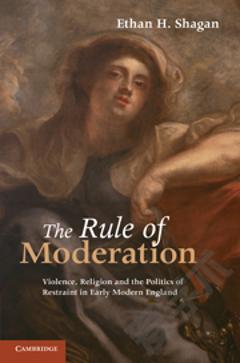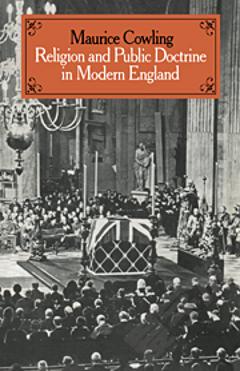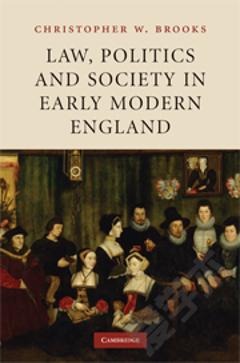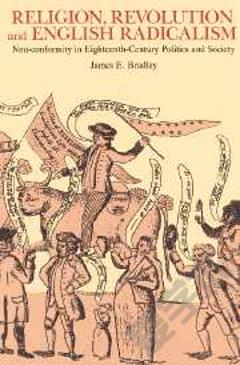The Rule of Moderation: Violence, Religion and the Politics of Restraint in Early Modern England
Why was it that whenever the Tudor-Stuart regime most loudly trumpeted its moderation, that regime was at its most vicious? This groundbreaking book argues that the ideal of moderation, so central to English history and identity, functioned as a tool of social, religious and political power. Thus The Rule of Moderation rewrites the history of early modern England, showing that many of its key developments – the via media of Anglicanism, political liberty, the development of empire and even religious toleration – were defined and defended as instances of coercive moderation, producing the 'middle way' through the forcible restraint of apparently dangerous excesses in Church, state and society. By showing that the quintessentially English quality of moderation was at heart an ideology of control, Ethan Shagan illuminates the subtle violence of English history and explains how, paradoxically, England came to represent reason, civility and moderation to a world it slowly conquered.
{{comment.content}}








 京公网安备 11010802027623号
京公网安备 11010802027623号